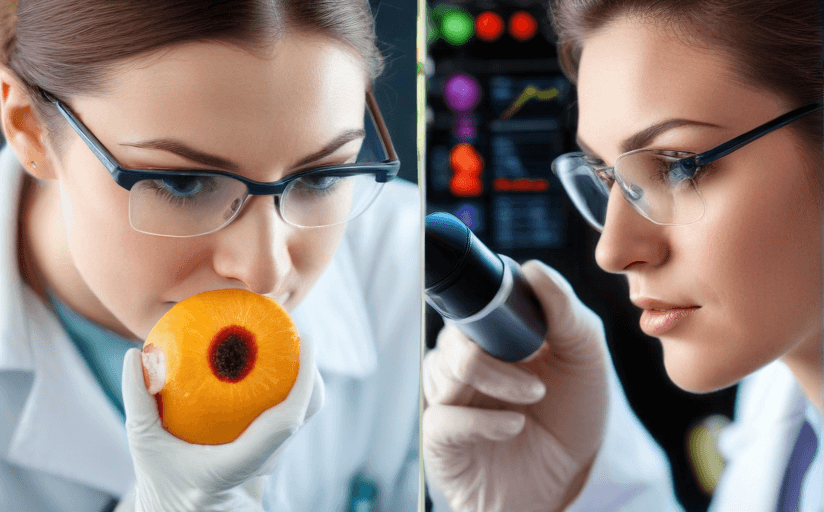Exploring the Pros and Cons of Genetically Modified Foods
Genetically modified (GM) foods have been a topic of significant debate among consumers, scientists, and government entities worldwide. This article aims to provide a balanced perspective on this crucial issue by exploring the advantages and potential drawbacks of GM foods.
The Benefits of GM Foods
Food Security and Resilience
GM crops show promising potential in addressing global food security. According to the Food and Agriculture Organization of the United Nations, genetically modified organisms (GMOs) can help increase agricultural productivity and enhance stress tolerance against pests, diseases, and extreme weather conditions.
Nutritional Content
Researchers have successfully enhanced the nutritional content of several crops through genetic modification. For example, 'Golden Rice,' a variant of rice enriched with vitamin A, aims to combat vitamin A deficiency affecting millions of people in developing countries.
Economic Growth
Countries increasingly adopt GM crops for their potential economic benefits. They can reduce dependence on chemical pesticides and fertilizers, leading to cost savings for farmers and contributing to economic growth.
Potential Risks and Controversies associated with GM Foods
Health Risks
While the potential health risks of GM foods are still under debate, some studies suggest that they may contribute to increasing food allergies.
Environmental Impact
Environmentalists raise concerns about the impact of GM crops on biodiversity, natural ecosystems, and non-target species. The introduction of GM crops might lead to an overreliance on a few varieties, subsequently reducing genetic diversity.
Ethical Considerations
The commercialization of GM foods has also been a subject of ethical discussion. Critics argue that corporations owning GM technology can control food supply, leading to negative socio-economic impacts.
Role of Key Players in the Promotion or Discouragement of GM Foods
Corporations, governments, biotechnology firms, and consumers play pivotal roles in shaping the acceptance or rejection of GM foods. Biotech firms promote GM technology for its potential to solve global food problems, whereas some governments and consumers express concerns about their safety and long-term health impacts.
Recommendations and Strategies
A more transparent and inclusive approach to GM food production can help develop healthier and more sustainable practices. Governments need to regulate GM technologies effectively, with public participation in decision-making. Additionally, initiatives promoting scientific literacy about GM foods can help consumers make well-informed choices.

















Comments
Leave a Comment